How long does it take to buy a Swiss home?
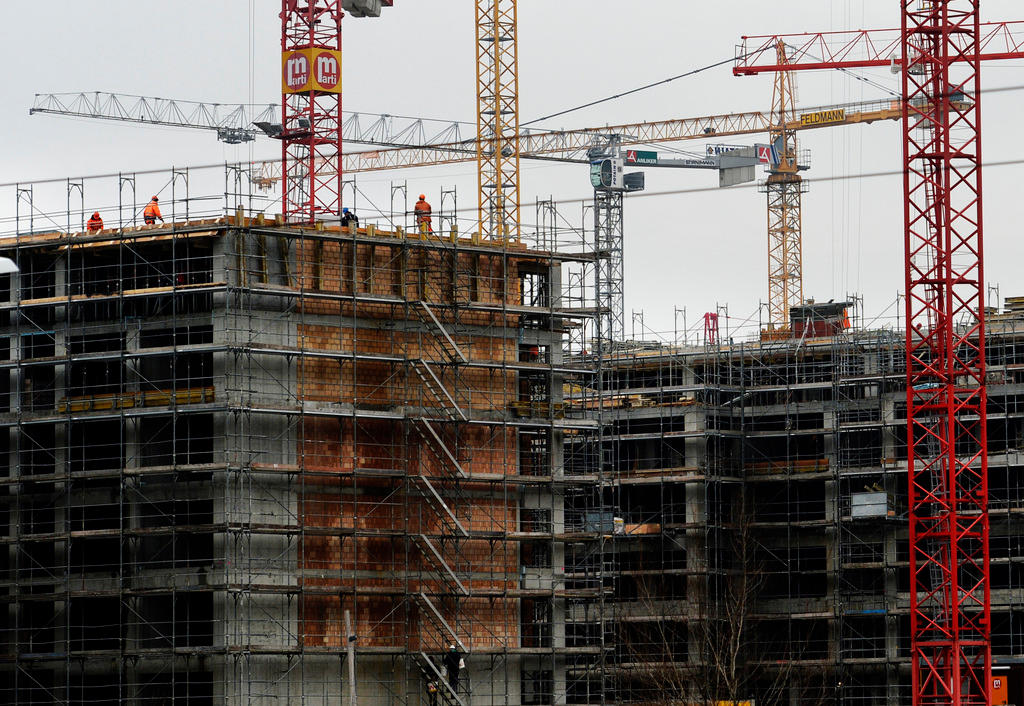
Buying a dream house or apartment can be an expensive and daunting process for people who move to Switzerland to live and work - but not impossible. We look at the state of the housing market, and key questions about renting and purchasing.
Recent reports confirm shifts in the Swiss property market, in a country where over 60% of people rent apartments or houses (+60%), due to cultural and cost factors.
Buying or renting?
Renting is generally the easier option for new arrivals, and many real estate and relocation agencies recommend it initially, at least for the first couple of years.
“Foreigners don’t know the areas. They don’t know if they’ll like Switzerland and their ideal property may not exist yet,” explains Adrian von Moos, an account manager at Auris Relocation in Zurich. “And sometimes their company pays half their rent.”
But buying a house may be interesting, depending on the canton, available time, budget and life plans.
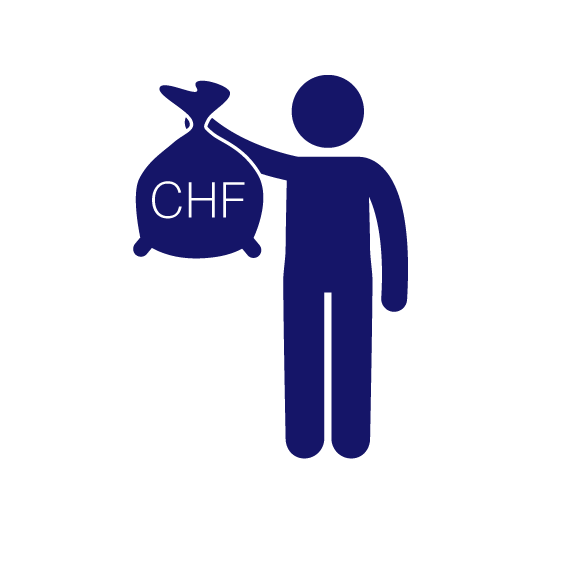
More
Buying property in Switzerland
I’m from Ireland. Can I buy an apartment in Switzerland?
Foreigners living in Switzerland can buy propertyExternal link, but it depends where you are from, and in certain circumstances a permit is required. Citizens from the European Union or European Free Trade Association (EFTA) states (Norway, Iceland and Liechtenstein) enjoy the same rights as Swiss citizens when buying real estate. Non-EU/EFTA nationals do not require a permit for a main residence or building land but there are certain criteria, such as holding a residence permit (typically a B permit) and living in the property. You also need a permit for holiday apartments, second homes or hotel with flats. If you live abroad certain restrictions may apply.
What’s the state of the housing market?
After a 14-year period of rising residential property prices, the booming housing market has generally cooled. Demand has fallen and prices have come to a standstill. Last month’s Credit Suisse Real Estate MonitorExternal link said approvals of mortgage loans had ‘decelerated’ and prices were expected to remain flat ‘for the foreseeable future’. This has been caused by spiralling, unaffordable home prices for young buyers, stricter financing regulations and an immigration slowdown.
Prices may have stagnated but Swiss property remains extremely expensive. At the end of 2016, the average price of a family home was CHF1.2 million ($1.24 million) and CHF840,000 for an apartment, according to the mortgage and investment consultancy firm Moneypark. There are big variations across the country and by segment. In highly desirable regions like Zurich and Lake Geneva, you need to find at least another CHF200,000 for that dream condo. According to the Federal Housing Office, rents and house prices have risen by 30% since 2005.
“According to Immo-Check on UBSExternal link, some properties are CHF700,000 overpriced yet the owners are in blind denial to the fall in property prices this year and won’t renegotiate,” said ‘Heather Near Mont Blanc’, a swissinfo.ch facebook reader who is looking to buy a place.
Across Switzerland, demand has shifted from expensive urban areas to cheaper peripheral regions. Few single-family homes are being built in towns and cities due to the high price of land. Existing homes are disappearing, most often to make room for multi-family dwellings.
In the Geneva region, Claude Atallah, sales director at the SPG-RYTZ Group, said business was particularly tough at the luxury end of the market, where supply had outpaced demand.
“Prices went up too high and people have left the country due to tax uncertainties,” he declared. “I’m not really seeing many rich foreigners moving to Switzerland, nor expats arriving on fixed contracts interested in buying. There are expats with fixed contracts who rent for two years and then start looking to buy though.”
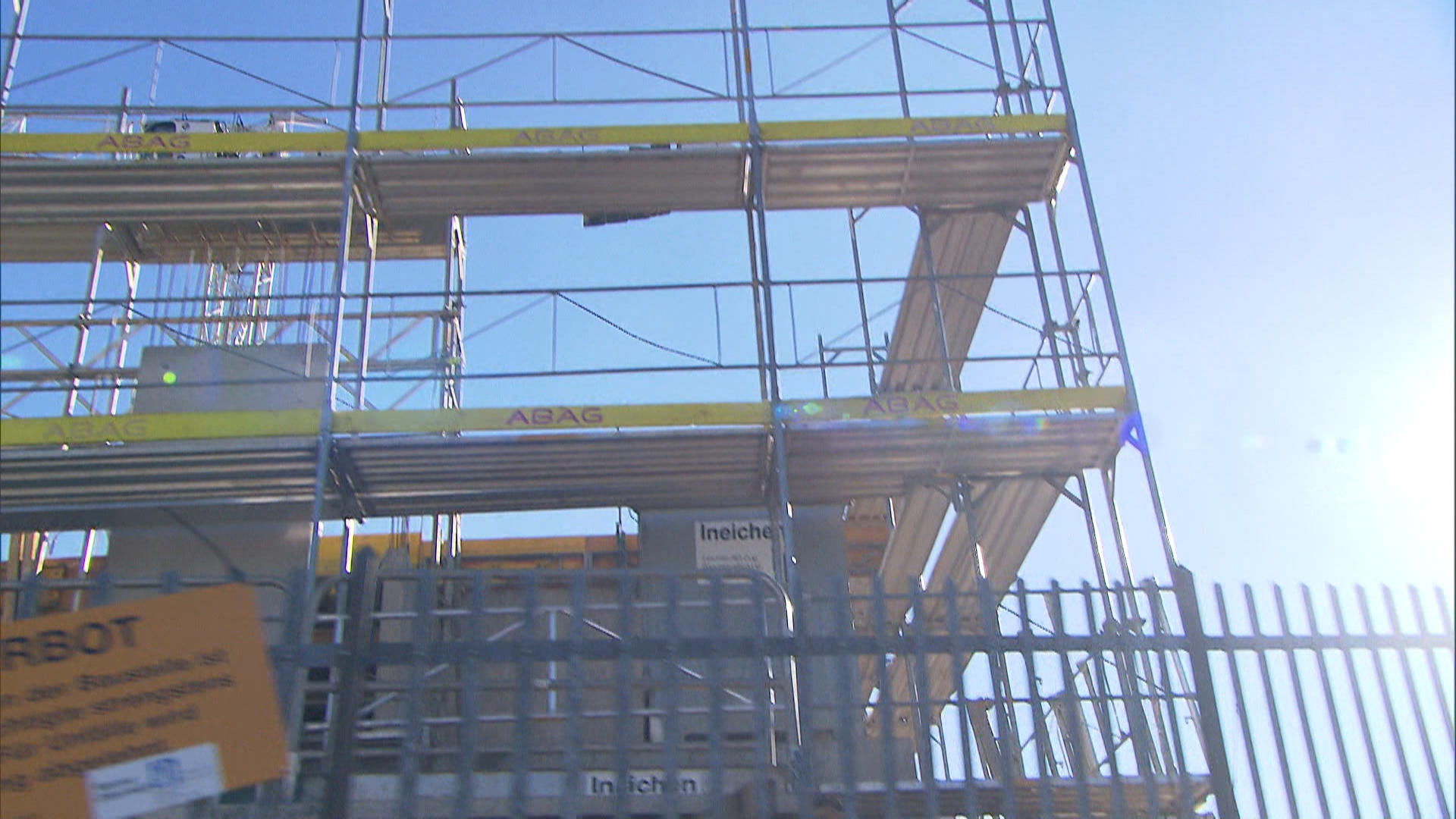
More
Foreigners could suffer under new building restrictions
Meanwhile, entry-level and mid-range housing in Geneva ‘sells well’, he added, as there is strong local demand but not enough property available. Most new homes sold are built to order.
How long could it take to save up to buy a place?
Although mortgage rates are still ultra-lowExternal link – from 1.35% for a ten-year mortgage – high prices and stricter financing requirements imposed by banks since 2013 to prevent a housing bubble are dampening sales.
Future owners must find larger deposits, saving up for longer. A down payment of 20% of the purchase price is typically the minimum required by Swiss banks selling mortgages, including at least 10% in cash. According to MoneyparkExternal link, a Swiss home owner had to put down a deposit averaging CHF172,000 francs in 2014, compared to CHF105,000 in 2006.
“The down payment amount can be a shock to expats, as are the high rents in Switzerland, but their salaries are generally higher here,” said von Moos.
The Swiss become home owners at the average age of 48, compared to 29 for Americans and Canadians, and 27 for the British, Moneypark found.
Despite the tougher bank requirements, von Moos believes the financing and transaction process is relatively straightforward. “It depends how quickly you are prepared to move, but we had people buy a simple apartment in Küsnacht in the space of one month,” he said.
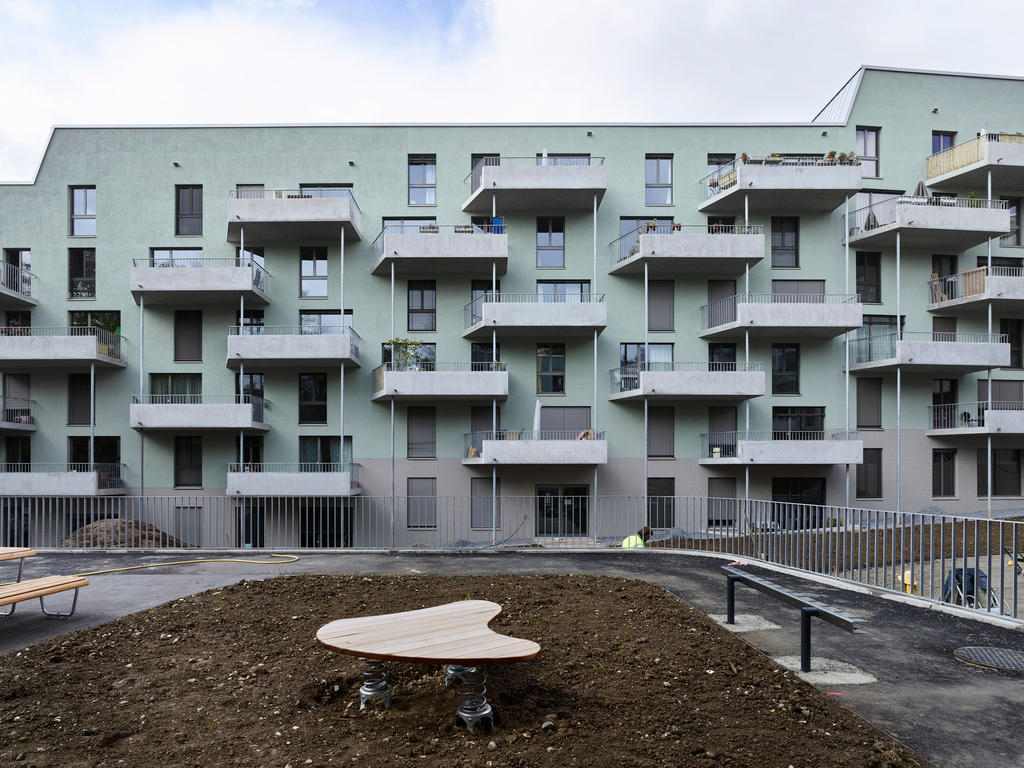
What about renting?
Competition to find rental accommodation varies by region, but can be cut-throat. Cities such as Zurich, Bern, Winterthur, Zug, Lucerne, Thun, Geneva and Lausanne still lack cheaper accommodation. But the good news is that overall the market has become more balanced. The year-on-year phase of rising rents ended last year due to lower EU immigration and more rental accommodation is being built.
According to a December 2016 survey, people looking to move have been able to find new rental accommodation faster than in the last three years. The majority land a new place within two months. The German-speaking region is easier, with 31% managing to move in four weeks, compared to 21% and 17% in Italian- and French-speaking parts respectively. Those looking to move to the French-speaking part had to search the longest, with the majority finding accommodation only after four months of effort.
The irony, however, is that falling mortgage rate charges mean it is becoming cheaper to buy and pay off a mortgage every month rather than to rent. The monthly cost of servicing a mortgage has fallen from around CHF2,000 in 2008 to just over CHF1,500. In the same period, average rents have increased from CHF1,650 to just under CHF2,000, the Neue Zürcher Zeitung reported recently.

In compliance with the JTI standards
More: SWI swissinfo.ch certified by the Journalism Trust Initiative


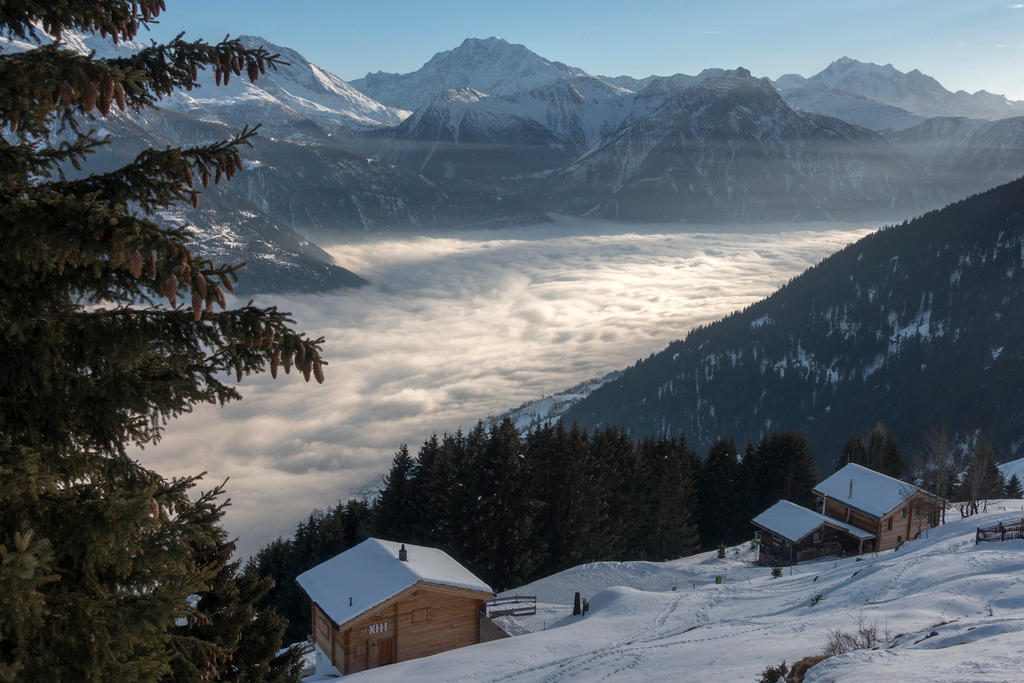
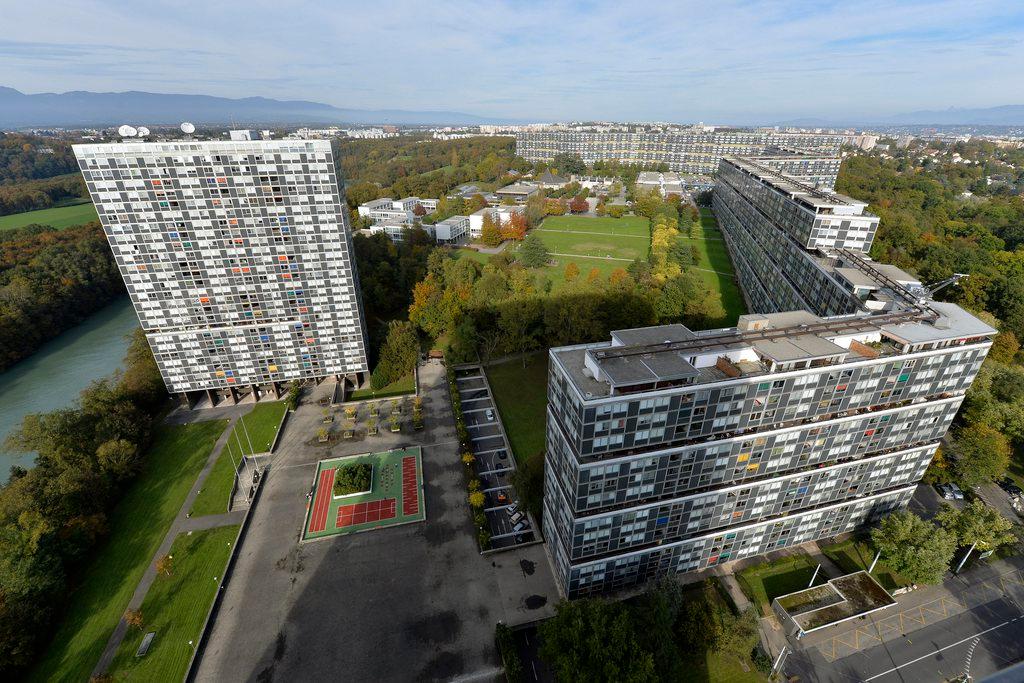
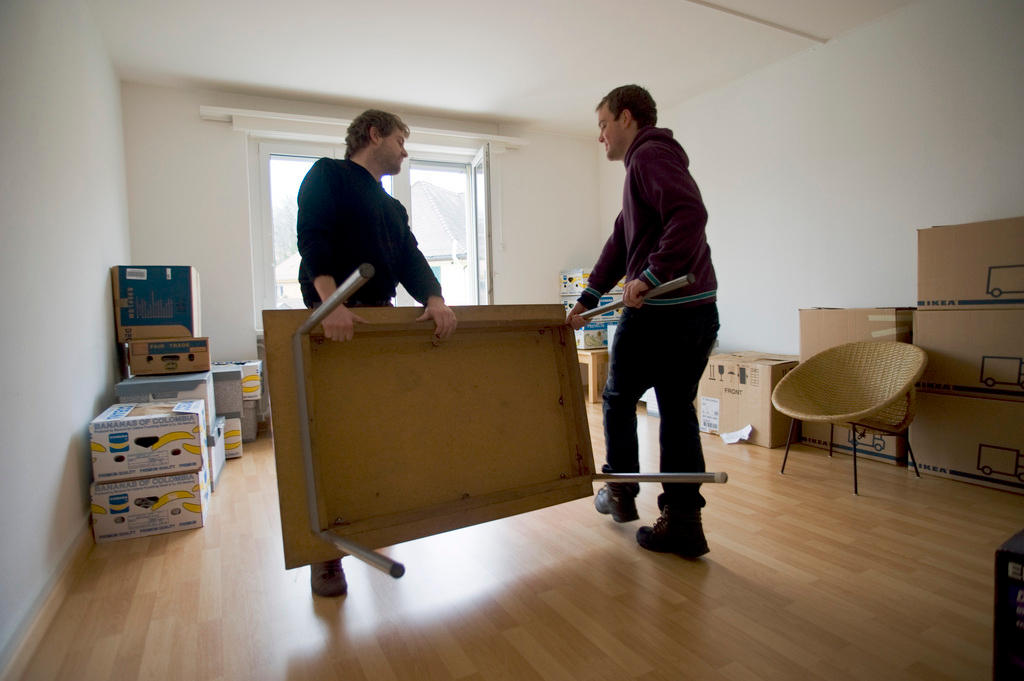
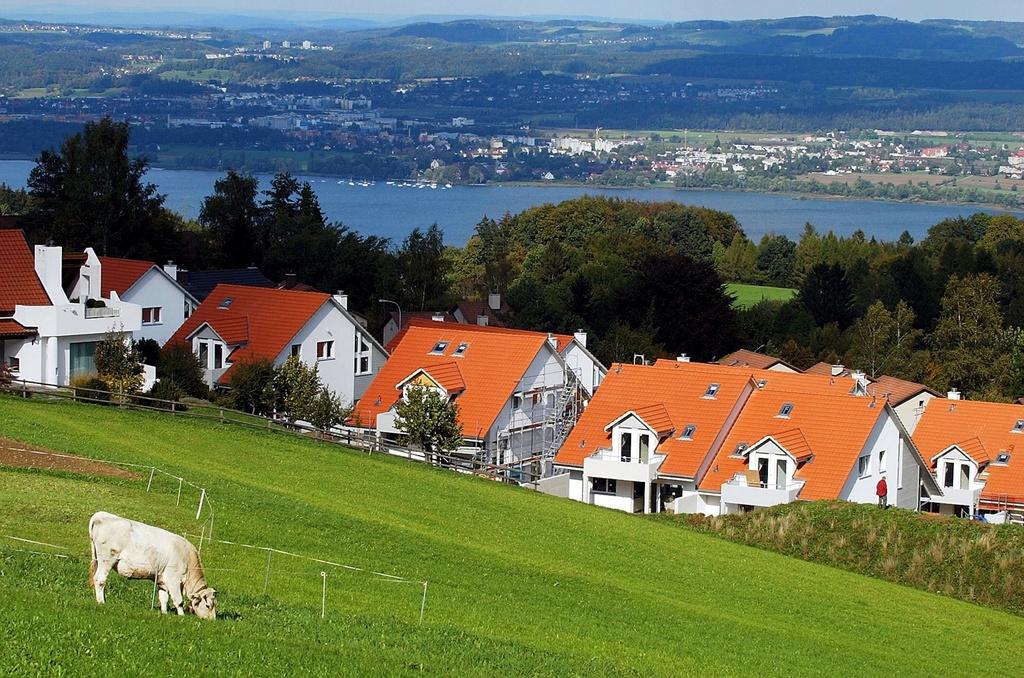
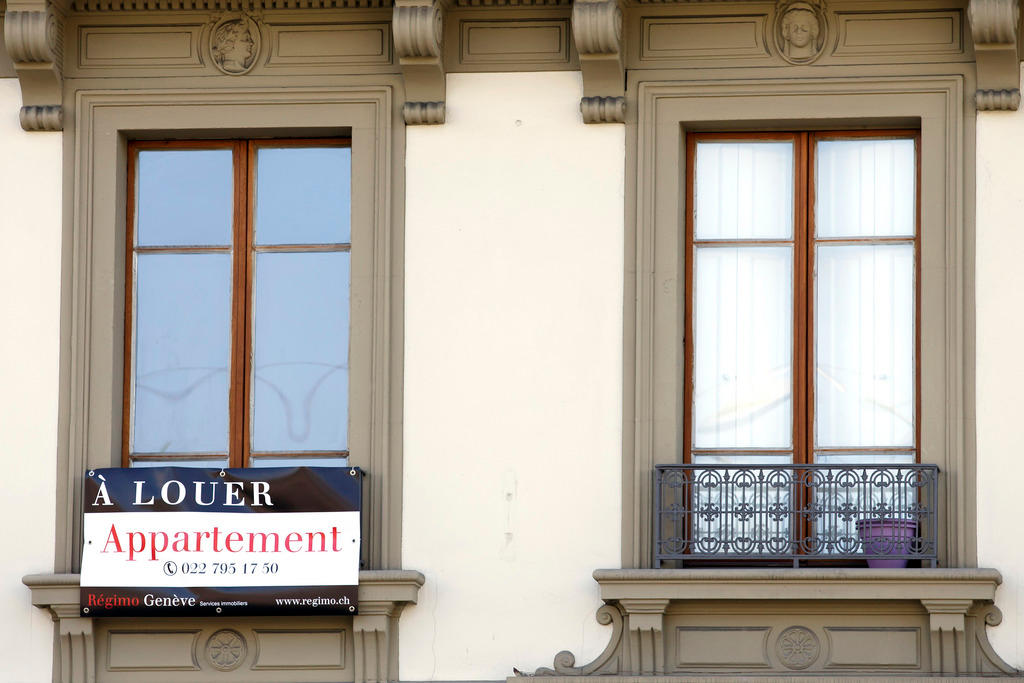
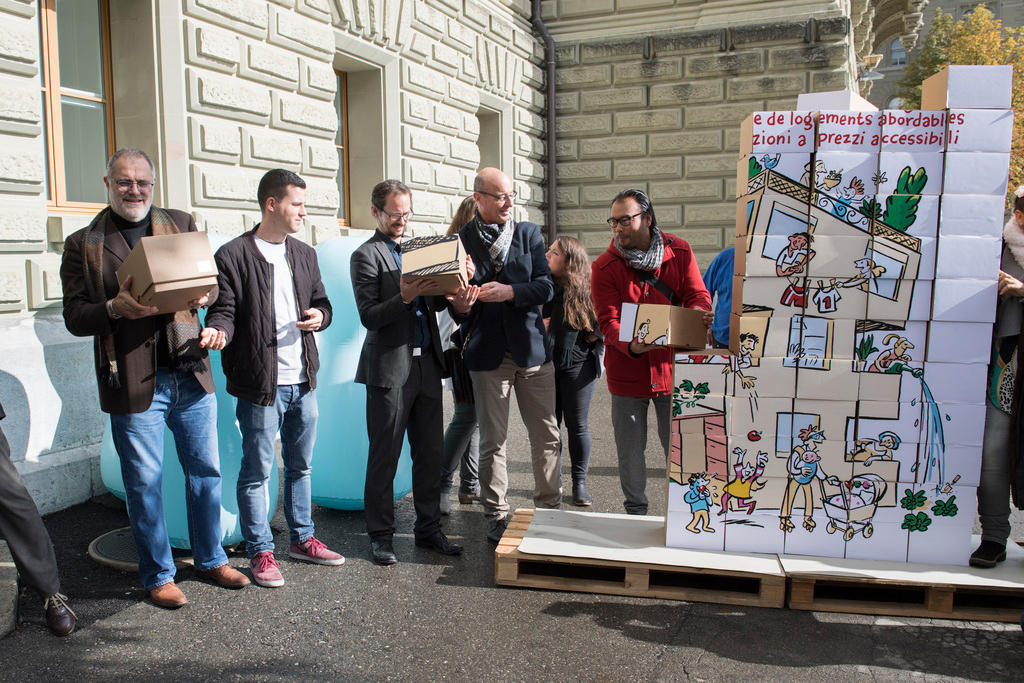
You can find an overview of ongoing debates with our journalists here. Please join us!
If you want to start a conversation about a topic raised in this article or want to report factual errors, email us at english@swissinfo.ch.